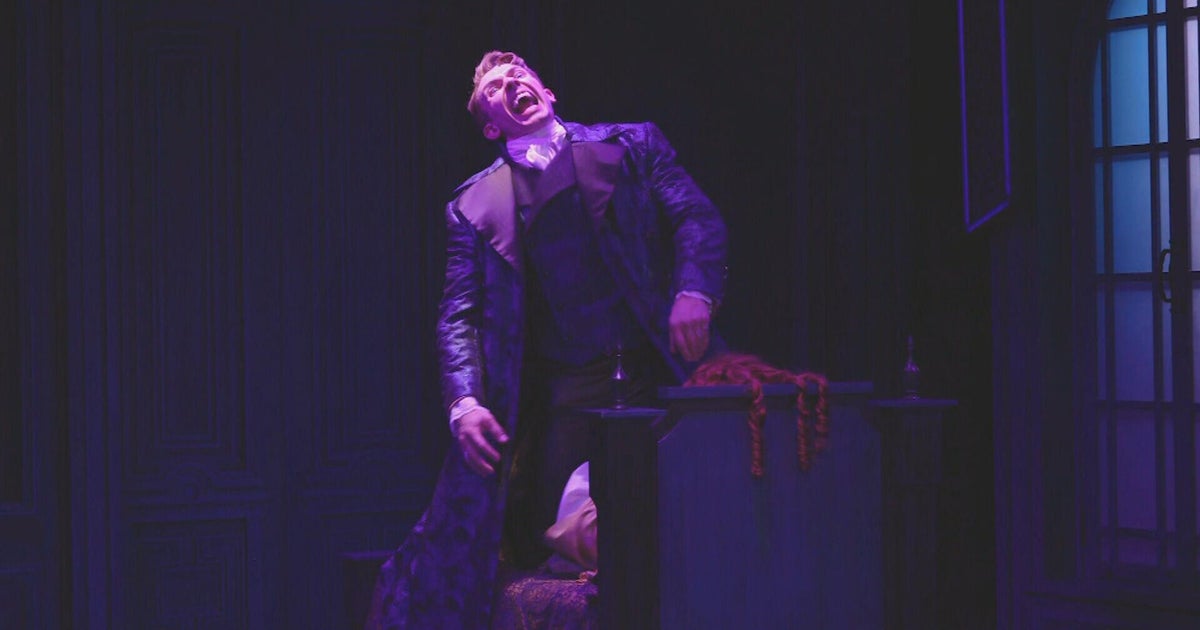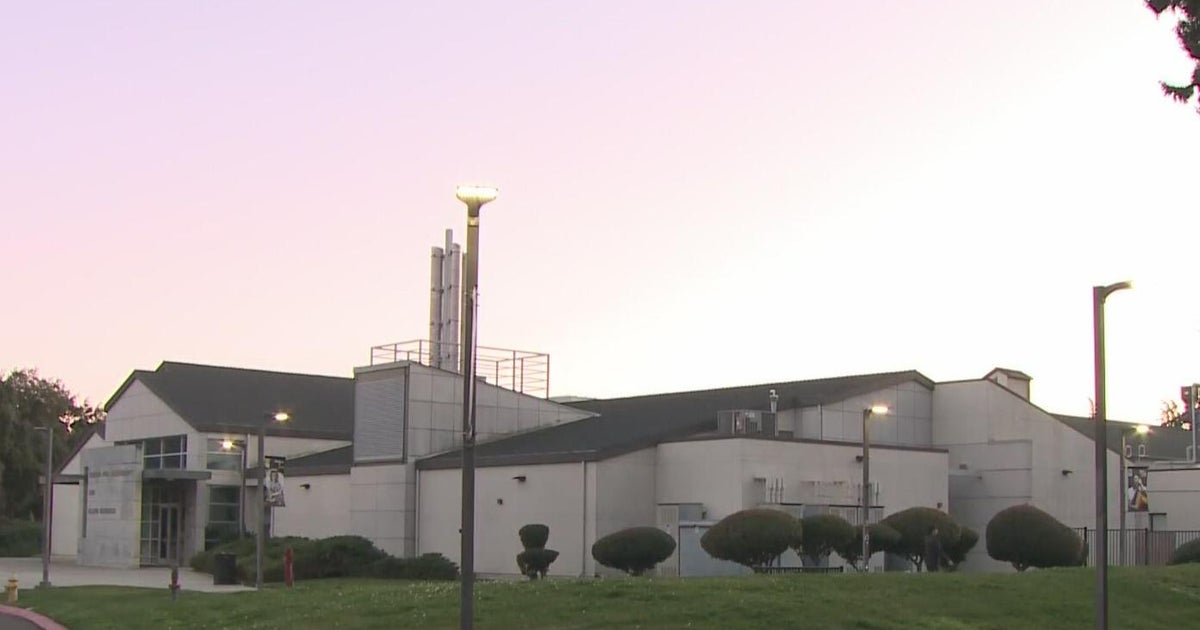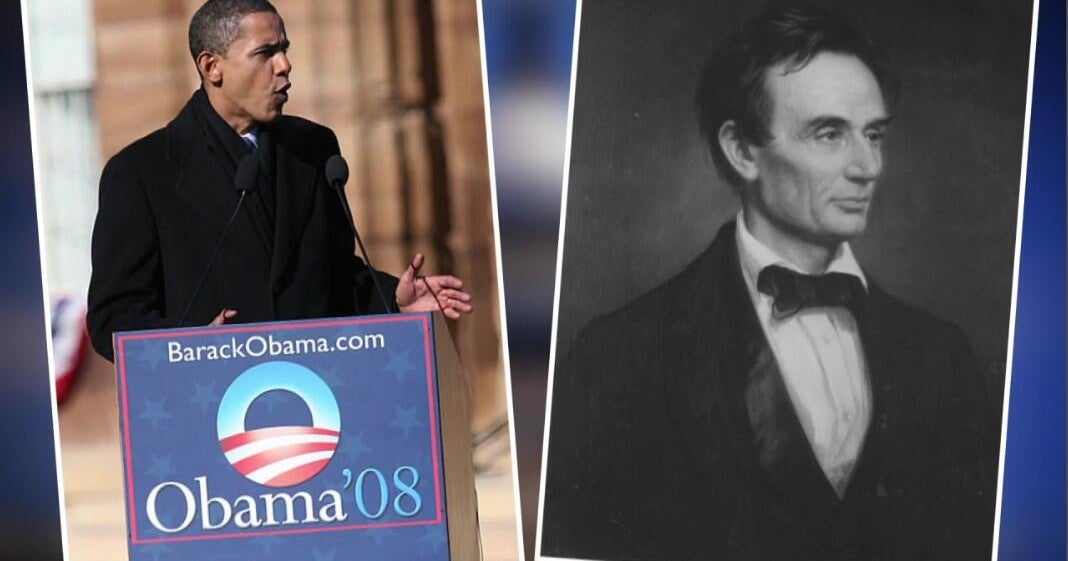MNfusion: Guthrie Theater's 'A Midsummer Night's Dream'
When tackling a well-known piece of theater there are two paths to take: stay true to the original work as much as possible or add in a twist.
Both paths offer challenges to directors and actors, and both open the performance up to criticism for either not living up to previous performances or for missing the mark with the new artistic choice.
For its performance of A Midsummer Night's Dream the Guthrie Theater made an interesting choice by not really choosing a path.
While overall a classic adaptation, this particular show had a few unique elements that made it stand out, even if it wasn't in the best way.
First, the theater added seating onstage, creating almost a theater-in-the-round environment. Almost.
The seating on stage was very limited; meaning the majority of the audience was in front of the stage. Thus, for most of the show, the actors pandered scenes to this portion of the audience.
Having a seat on stage myself, I noted a number of times when a line was missed or a joke was lost due to the fact that the actor had their back to those of us on stage. Much of the comedy in this show is physical, so even if a line was heard if it was without the facial expression or physical movement it fell flat. One such instance was at the end of the show during the Mechanical's play, "Pryamus and Thisbe." Snug (played by Kris L. Nelson) comes out dressed as a lion and one of his lines was received with a roar of laughter...from the audience in front of the stage. Many of us on stage missed the line, and his delivery, completely.
Set designer Riccardo Hernandez avoided any large set pieces and instead relied on a digital display at the back of the stage to show whether characters were in Athens or the woods. While a large set is not necessary to understand what is happening, most of Midsummer takes place within the woods and textual clues are often enough to enlighten the audience of this, it was yet another piece of the show that those on stage missed out on as it was behind us.
Another element that the Guthrie added in to their performance was music.
There were several musical numbers that were added into the script. While all were performed beautifully, Christina Acosta Robinson who played Hippolyta and Titania has a beautiful alto that is showcased nicely a number of times throughout the show, the numbers themselves felt arbitrary.
The show itself is already long (it is Shakespeare), so adding in additional numbers that didn't add to the plot felt unnecessary. The show ran just over three hours and perhaps some time could have been cut by doing away with those numbers.
That being said, it is understandable why directors Joe Dowling and David Bolger would want to add music into the show. They have an enormous amount of talent to choose from. Although unsure of what the songs added, they were performed beautifully and were entertaining to listen to.
Despite the extra additions, the performance largely was a classical adaptation.
While many choose to cut or modernize the script, Dowling and Bolger used it in full.
The costumes weren't entirely classic, but weren't too outlandish. The Athenian soldiers weren't dressed in traditional gear but were dressed as soldiers, and the fairies still had a lot of glitter and tulle albeit with a punk twist.
While the additions may have fallen a bit flat, the show was still successful due in large part to its talented cast.
Andrew Weem's Nick Bottom was as pompous and annoying as ever. Just what you expect Bottom to be. He was domineering, overbearing and perfectly grating to both Peter Quince (Jay Albright) and the audience. He did a phenomenal job making us happy that he was turned into an ass and told not to speak.
Helena (Emily Kitchens) and Hermia (Eleonore Dendy) were also a delight. Dendy played Hermia with the perfect mix of pretention and innocence, which played nicely off Kitchens' dowdy Helena.
The actors also did a great job of moving about the space and amongst each other. This was particularly true with the fairies, who often perched on spots throughout the theater.
The Guthrie's decisions to fall somewhere in the middle of a classical and reinterpreted presentation was ultimately a success for them. However, if you plan to go get a seat in front of the stage, not on it.
The Guthrie's 'A Midsummer Night's Dream' is playing now through March 29. Tickets cost $14.50 to $66. For more information, or to purchase tickets, visit the Guthrie Theater online.







